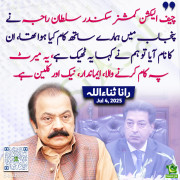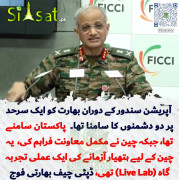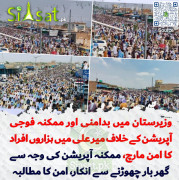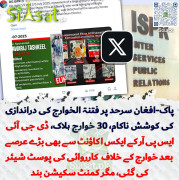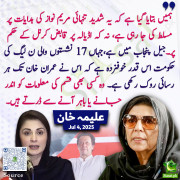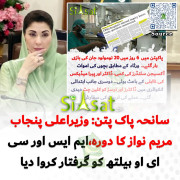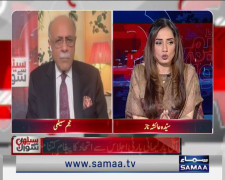Cloths should be thick and not transparent or see-thru) because it cannot cover properly otherwise. Transparent or see-thru clothing makes a woman more tempting and beautiful. Concerning this the Prophet (peace and blessings of Allaah be upon him) said: During the last days of my ummah there will be women who are clothed but naked, with something on their heads like the humps of camels. Curse them, for they are cursed. Another hadeeth adds: They will not enter Paradise or even smell its fragrance, although its fragrance can be detected from such and such a distance.
(Narrated by Muslim from the report of Abu Hurayrah).
Ibn Abd al-Barr said: what the Prophet (peace and blessings of Allaah be upon him) meant was women who wear clothes made of light fabric which describes and does not cover. They are clothed in name but naked in reality.
Transmitted by al-Suyooti in Tanweer al-Hawaalik, 3/103.
(It should be loose, not tight so that it describes any part of the body).
The purpose of clothing is to prevent fitnah (temptation), and this can only be achieved if clothes are wide and loose. Tight clothes, even if they conceal the colour of the skin, still describe the size and shape of the body or part of it, and create a vivid image in the minds of men. The corruption or invitation to corruption that is inherent in that is quite obvious. So the clothes must be wide. Usaamah ibn Zayd said: The Messenger of Allaah (peace and blessings of Allaah be upon him) gave me a thick Egyptian garment that was one of the gifts given to him by Duhyat al-Kalbi, and I gave it to my wife to wear. He said, Why do I not see you wearing that Egyptian garment? I said, I gave it to my wife to wear. He said, Tell her to wear a gown underneath it, for I am afraid that it may describe the size of her bones.
(Narrated by al-Diyaa al-Maqdisi in al-Ahaadeeth al-Mukhtaarah, 1/442, and by Ahmad and al-Bayhaqi, with a hasan isnaad).

